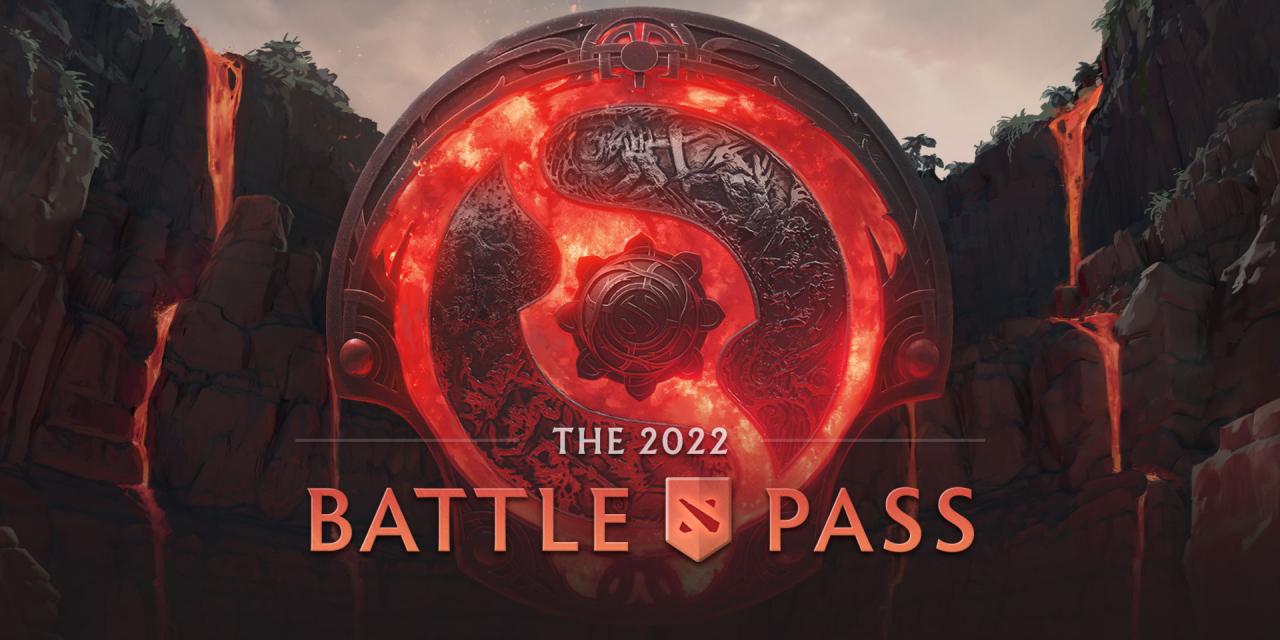
Valve, one of the first companies to really embrace the Battle Pass as a concept, is ditching it for its future plans for Dota 2.
This news comes from a Valve blog post, exploring what the Steam giant has learned in the ten years of running Dota 2, and long story short, it’s learned that most players simply don’t bother buying Battle Passes at all.
This wouldn’t really be a problem if it wasn’t for the fact producing the Battle Pass consumes a large amount of resources: And that has hit the development of the game over the years.
"Last year, we started to ask ourselves whether Dota was well-served by having this single focal point around which all content delivery was designed. Each step we had taken made sense when considered independently: any single piece of content would be more valuable when bundled as part of the Battle Pass, so we bundled more and more. This led to a momentous content drop every year, but it also greatly limited our ability to do things that were exciting and valuable for players but didn't fit into the Battle Pass reward line" Valve explained in the post. Those limitations meant that content tended to come only in the Battle Pass, and was limited to content that could be packaged into the Battle Pass itself.
So, Valve is trying something different now, and is dropping the Battle Pass in favor of … well, not having a Battle Pass at all. According to the post, "while work is still in progress on future updates, the first of these has shipped: New Frontiers and patch 7.33 couldn't have shipped as they did if we were focusing all our efforts on producing Battle Pass content."
The battle pass concept has come to dominate some of the world’s biggest video games, and is a key component in keeping a number of free-to-play games funded. Prominent examples include Fortnite and Rocket League, but you’ll find this sort of payment method present in a number of smaller games, including mobile games like Marvel Snap. Valve moving away from the Battle Pass concept for the very real reasons above may mean that a lot of companies start looking twice at their funding models.
However, the question remains: Is this a Battle Pass problem, or a Dota 2 problem? Speculation has been rife that Dota 2 has been a dying game for a while now, and there now seems to be some evidence that this is the case. A big part of this may come from an assumed laxity of content from Valve, and this shift may help to fix that. Dota 2 recently had its largest update in years after an enormous gap in changes, and this may breathe new life into what some assume is a dying game. We’ll be keeping our fingers crossed.
